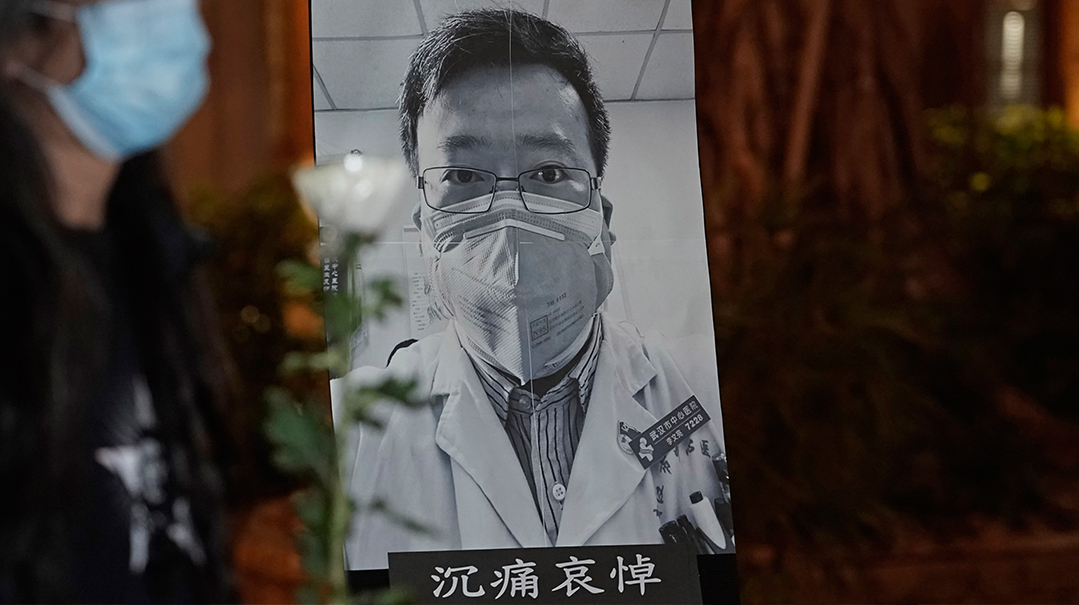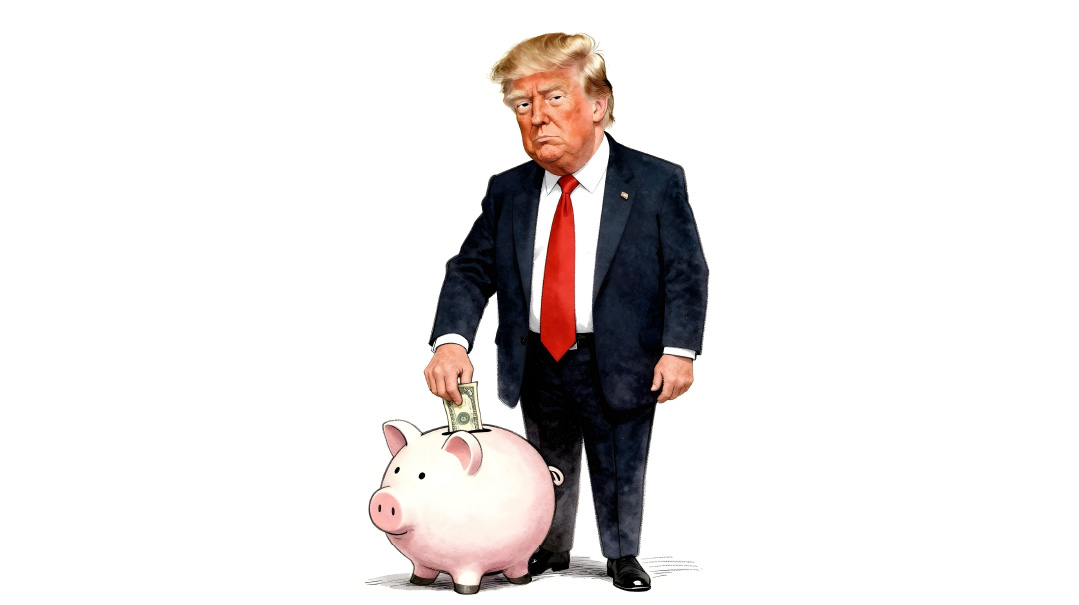One Year

A year later, World Health Organization teams are on the ground in Wuhan to trace the pandemic’s roots

This week marks the anniversary of the death of Li Wenliang, the Chinese doctor who was the first to raise an outcry about the severity of the coronavirus in the face of Beijing’s official reticence.
The initial reports of “mysterious lung disease” in China made headlines around the world, but in the absence of reliable information, no travel bans were imposed. Across the Western world, the crowds continued, including mass events at sports venues and concerts. With no understanding of the impending threat, countries were not equipped to perform a large number of tests. Supply chain managers had no idea that in a few weeks the whole world would enter a mad race for toilet paper and disinfectant wipes.
Today, a year later, World Health Organization teams are on the ground in Wuhan to trace the pandemic’s roots, and are preparing to publish their findings soon. One can only hope that the cooperation that the international community didn’t receive from China at the beginning of the process will materialize now — at least to enable planning for the next pandemic.
—Omri Nahmias
The Return of the Peace Processors
There are two ways to view President Biden’s choice of Robert Malley to serve as special envoy to Iran. Malley was a lead Obama administration negotiator of the 2015 Iran nuclear deal that President Trump “tore up” in 2018 when he saw the Iranians were cheating on it.
State Department spokesman Ned Price said Malley’s appointment shows the Biden administration “is building a dedicated team, drawing from clear-eyed experts with a diversity of views.”
Dr. Shany Mor, a former foreign policy director at Israel’s National Security Council, would strongly disagree. In a new essay he wrote for the recent issue of Mosaic, titled “The Return of the Peace Processors,” Mor contended that Malley was a textbook fit for the administration’s worldview that “typifies a certain mode of conventional diplomatic engagement.”
In this mode, America is a dispassionate, neutral arbiter, the Palestinians are long-suffering victims whose agency is constrained by an overweening Israeli occupation, and Israel must be rescued from its own military victories, which have spiritually and morally poisoned the formerly weak and virtuous — but now powerful and compromised — Jewish state.
The Trump administration —whatever its other problems — tossed this mode of diplomatic engagement in the trash, and it achieved more in the Middle East than preceding administrations of both parties.
—Binyamin Rose
THE BACKSTORY
The Hague-based International Criminal Court’s ruling last week that it has jurisdiction to investigate supposed “war crimes” committed by Israel during Operation Protective Edge in 2014, as well as building in Yehudah and Shomron, is a victory for Palestinian leader Abu Mazen’s strategy of weaponizing international law against Israel.
The threat of arrest that could hang over the heads of Israeli military officials visiting any of 123 countries that are signatory to the Rome Statute is exactly the kind of deterrence that the Palestinians were hoping to achieve.
That said, the road to indictments is very long. The Biden administration has yet to decide how it will handle the ruling, and it’s impossible to say how the expected replacement of ICC prosecutor Fatou Bensouda in the summer will change things.
Gilad Erdan, the Israeli ambassador to Washington and the United Nations, told Mishpacha: “The decision proves conclusively that the ICC is rotten to the core, ethically and politically. The very comparison between Hamas — an official terror group that murders women and children — and the Israeli Defense Forces shows how corrupt the court is.”
Erdan also addressed the tepid American response, saying, “Each administration has its agenda. Israel respects the priorities of the Biden administration, which promised the American people to deal with the coronavirus first.”
Tal Becker, the Foreign Ministry’s legal advisor, told Mishpacha, “The fact that the court is taking up its time with something so far removed from its original mission will only make dialogue with the Palestinians harder. It only deepens the division between the two sides.
“On a practical level, we’re very far from seeing prosecutor Bensouda launch an investigation of Israel. I don’t know how long it will take to open a probe, which would grant the prosecutor the authority to issue international arrest warrants, but cooperation will be needed between countries. I do think we need to prepare for problematic scenarios down the road.”
—Eliezer Shulman
(Originally featured in Mishpacha, Issue 848)
Oops! We could not locate your form.













